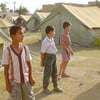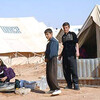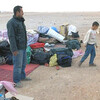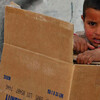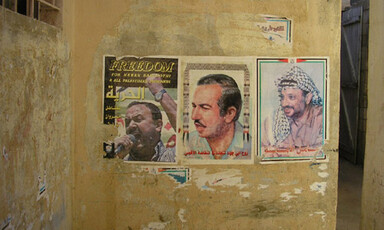
Fatah Chapter Closed: Creating a Palestinian National Congress
27 March 2006
The current calls to emphasise the role of the PLO coming from Fatah and the other political factions cannot be very convincing to the Palestinian people. Fatah bears the bulk of responsibility in destroying the PLO and marginalizing it. Whichever the motives, Fatah and all Palestinians must recognise that trying to revive the PLO as it stands is not the answer. The structure and methodology is outdated. There is no other way but to build up a different political body to represent the Palestinians everywhere, writes Rifat Odeh Kassis. Read more about Fatah Chapter Closed: Creating a Palestinian National Congress

